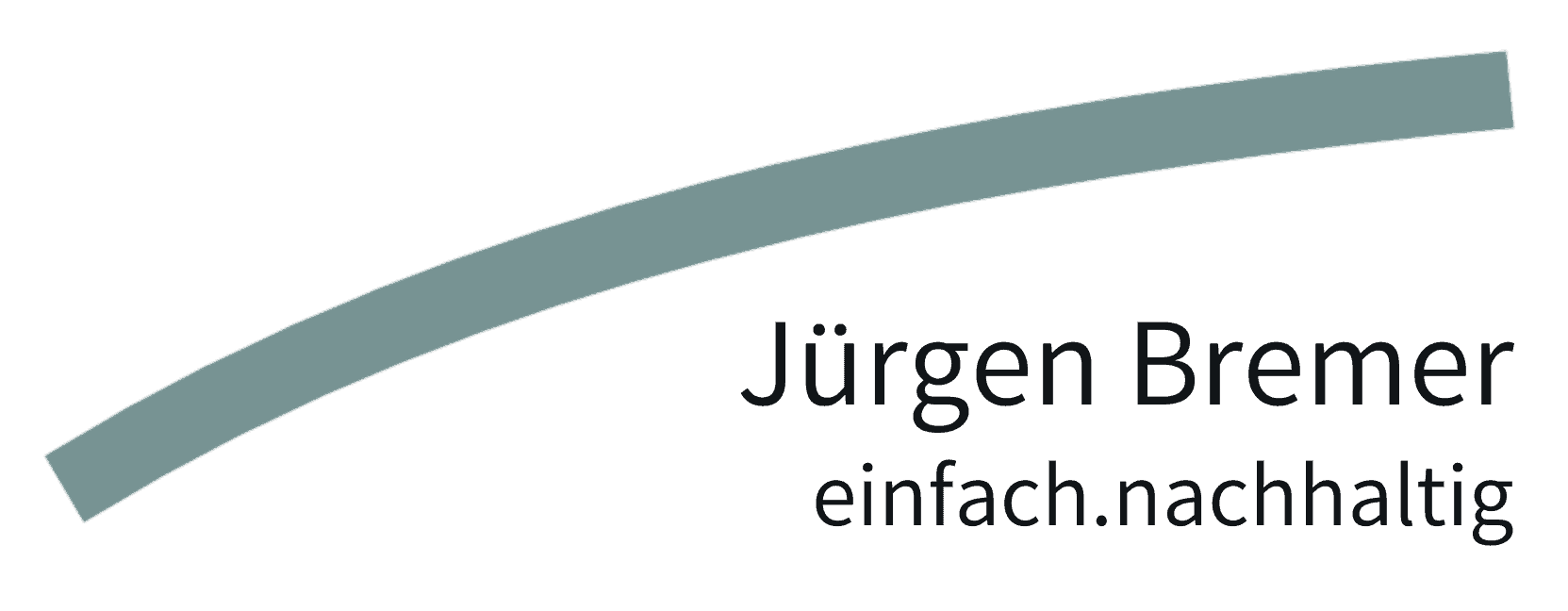
Occupational Safety – Employer’s Liability Insurance – Safety Authority
What should you know about these topics during the start-up phase?
Anyone who sets up a business, goes into solo self-employment or independent expert work will sooner or later also have to deal with these topics, more or less intensively depending on the company.
With this post I would like to give you an easy introduction to this topic.
- What is occupational safety?
- Who is responsible for occupational safety?
- What does that mean in specific terms?
- How do you find the right works doctors and safety experts?
- Are there alternatives?
- What is good occupational health and safety?
- And what about the employers' liability insurance and the labour inspectorate?
- Where can I find more information and support?
What is occupational safety?
To the point: design work in such a way that any risk to the health of your employees is avoided as far as possible and the remaining risk is kept as low as possible.
Occupational safety goes far beyond purely technical safety. For example, it is now required by legislation to assess psychological hazards. Many players in occupational safety today take the view that it is not just a matter of avoiding accidents at work, but of health as a whole. This is already stated in the definition in the paragraph above.
Who is responsible for occupational safety?
The legislation is aimed at the employer. The employer is usually the entrepreneur, or the body of the company in the case of a corporate or legal entity. As an entrepreneur, you are not only responsible for the strategy and economic success of the company, but also for the well-being of your employees.
Of course, employees are responsible for their own health. As an employer, you have only limited possibilities to influence the behaviour of your employees outside of work.
Employees have a duty to cooperate in occupational safety. The workers`council or union has a significant responsibility. The workers`council generally represents the interests of the employees vis-à-vis the employer, and occupational health and safety are crucial interests of the employees.
Occupational safety is usually delegated to a significant extent to occupational safety experts and works doctors; functions that bring with them the relevant expertise. However, this does not relieve employers of their accountability, only changes it.
What does that mean in specific terms?
You are a solo entrepreneur without employees
You hardly need to worry about formal or legal requirements for occupational safety. This is because the legislation is directed to the employer or the employees.
However, as a solo entrepreneur, you must register with the relevant employers’ liability insurance. For all freelancers, artists and professions in the IT industry, this is the Verwaltungs-Berufsgenossenschaft (VBG).
Accident prevention regulations of the employers’ liability insurance (DGUV regulations) become mandatory for you as soon as you voluntarily insure yourself with your employers’ liability insurance. In layman’s terms, they are given the status of insurance conditions.
Nevertheless, as an entrepreneur you have an interest in not ruining your health through your work. You will find the key points of a health-promoting work design below.
Voluntary insurance with the Employer’s Liability Insurance is, like compulsory insurance, accident insurance that provides benefits in the event of work-related injuries (accidents) and illnesses, business travel accidents and commuting accidents.
You employ staff
Every company is a member of the relevant employers’ liability insurance (BG). That is why every entrepreneur must register with the employers’ liability insurance. When registering a business, the trade office usually registers you directly with the BG.
As an employer, you are
obliged to take the necessary occupational health and safety measures, taking into account the circumstances that affect the safety and health of employees at work. […] In doing so, he must strive to improve the safety and health protection of employees
http://www.gesetze-im-internet.de/englisch_arbschg/englisch_arbschg.html#p0032
This is not too difficult, because you have another obligation: you have to organize health and safety care for your company. In specific terms, this means appointing – and of course using – works doctors and safety experts.
With the works doctor and the safety expert, you have the experts at your side to help you organize and implement health and safety in your company. For this reason, I do not want to go into further detail here and refer to the cornerstones for health-promoting work design below.
How do you find the right works doctors and safety experts?
As always, it is helpful if you consider in advance what you want to achieve and what you therefore expect from your partner. For example, if you only want what is absolutely necessary, you will certainly commission a different service provider than if the health of your employees is very important to you and you are ready to do a lot for it. This decision already has a significant impact on the scope of the order and the deployment times.
Ask your network, your professional association, your guild. Search the internet, I will gladly provide you with a list of the best links. My recommendation: as a small business owner, start looking for a works doctor. They often have safety specialists in their company or network with whom they can cooperate and who can work for you.
Are there alternatives?
The employers’ liability insurances regulate the minimum deployment times to be organized for occupational medical and safety support, i.e. for the works doctor and safety specialist. Depending on the risk of the activities, this amounts to 2.5 hours or less per full-time employee per year – which is hardly possible to organize in small companies due to the low volume.
Well, if the health of your employees is important to you, you will not orientate yourself on these minimum times, but go directly beyond them and orientate yourself on the content the care should provide.
The employers’ liability insurances also recognized that there are differences depending on the industry and the size of the company, which should be reflected in the organization of health and safety. The characteristics and the designations can vary depending on the insurance, so here are just a few basic types of support:
- Standard support:
You commission a works doctor and and safety expert and make use of their services - Support through competence centers
- Entrepreneur model:
you are qualified by your BG and implement the measures yourself
When the topic becomes present for you, talk to your employers’ liability insurance specifically and have the various options explained to you in detail. Of course, you are also welcome to contact me.
What is good occupational health and safety?
The fulfilment of legal obligations is fundamental for a well-organised company. Irrespective of legal requirements, there are seven golden rules based on the “Vision ZERO” that can be regarded as guiding principles. More on Vision ZERO elsewhere. I will briefly present them to you here; depending on your ideas, you can evaluate and implement them differently.
- Management duty and obligation –
Taking leadership and responsibility for occupational health and safety and the well-being of employees is accountability of the employer. - Identifying and minimizing risks –
Systematically identifying hazards at work and eliminating risks;
keyword risk assessments - Understand health and safety as an ongoing process –
Set goals and implement measures together with employees;
health and safety is never “finished” - Organize occupational health and safety optimally –
define tasks, duties and responsibilities;
take precautions for emergencies - Use safe and health-promoting work equipment –
When procuring, ensure high-quality and safe machines and equipment, keep them safe and efficient through maintenance;
provide employees with suitable personal protective equipment - Developing employee competence –
putting the right person in the right job, providing training and instruction, and monitoring work performance. - Working together safely and successfully –
Everyone is active in occupational health and safety together with everyone else
and refuses to work unsafely
And what about the employers’ liability insurance and the labour inspectorate?
Both are responsible for inspecting companies for compliance with occupational health and safety regulations. The supervisory authority for all companies in their supervisory district, the respective employers’ liability insurance for its members.
However, both organizations are not only active in a supervisory capacity, they also have an advisory mandate, which they today take very seriously. For you, this means you are welcome to call on your contacts and make use of their support.
The Employer’s Liability Insurance is the body responsible for statutory accident insurance. It intervenes in all accidents at work and on the way to and from work, as well as in the event of work-related illnesses, and indemnifies you as a member against liability towards the injured parties in such cases.
Where can I find more information and support?
Directly from the employers’ liability insurance and the supervisory authority. From your Chamber of Industry and Commerce, Chamber of Trade or professional organization. Ask acquaintances, colleagues, in your network – or me.
Contact me
According to your wishes I will help you further. You get:
All relevant contacts,
to employers’ liability insurance associations and supervisory authorities,
the search for company doctors and specialists for occupational safety,
to regulations and more.
A personal 1:1 consultation
or
The completion of the pending tasks, establishing contact with your authority or professional association and more.
As part of the “Gründungswoche Deutschland” (Start-up Week Germany), I conduct training courses on this topic during the annual Start-up Week and on request. Information and registration online: https://www.gruendungswoche.de/ or simply and informally email me.
